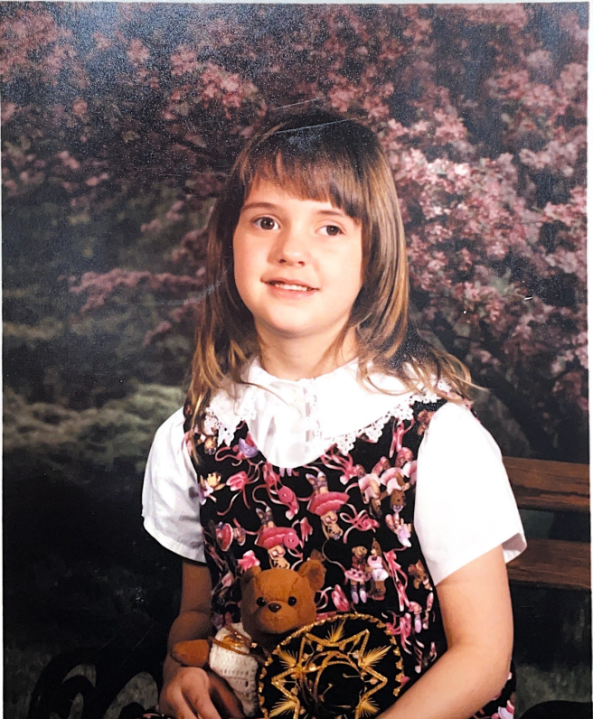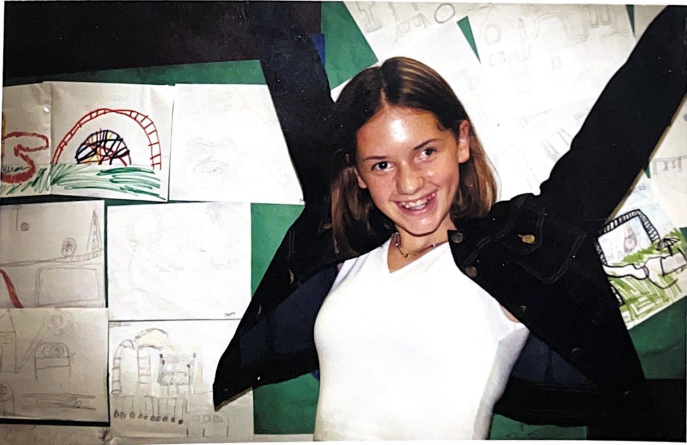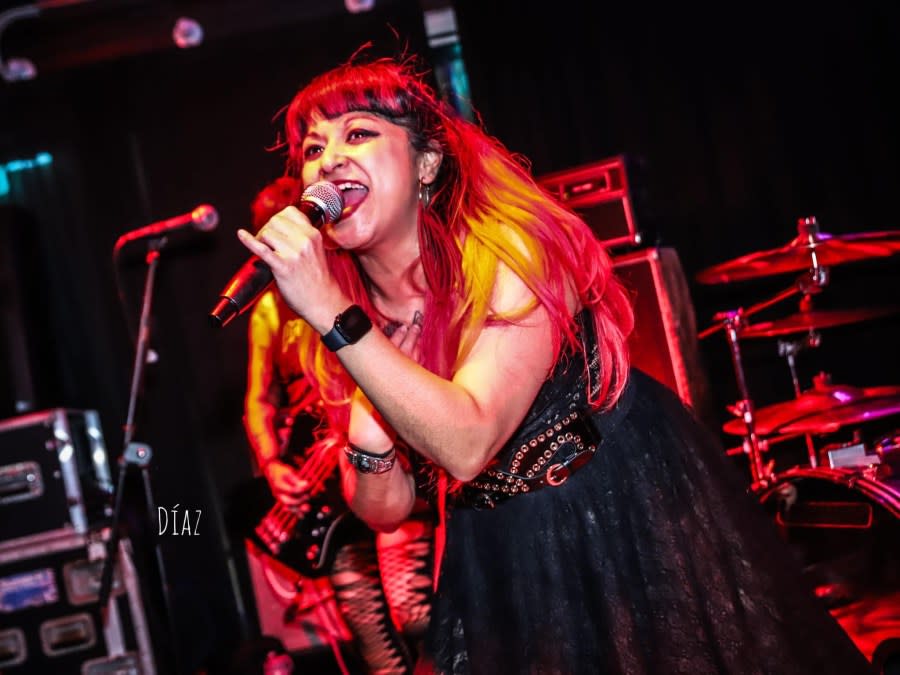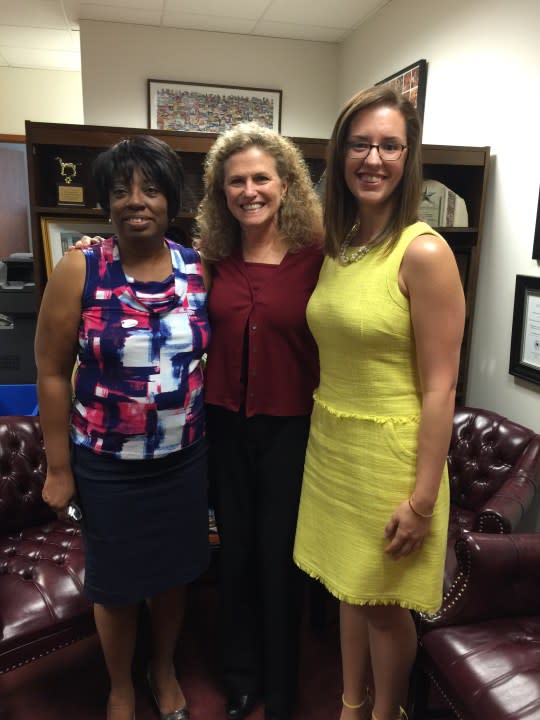After losing eye, Austin woman helps the world see more clearly
We asked you to tell us about inspiring women in your life. We went through hundreds of nominations in our Remarkable Women contest. Now, we’re sharing our finalists’ stories.
AUSTIN (KXAN) — A pair of difficult medical diagnoses launched Chelsea Elliott into a life dedicated to serving others. After graduating from St. Edwards University in Austin over a decade ago, she started a nonprofit that would change the trajectory for thousands of people in Central Texas.

When Elliott was a young child, she found out she had Coats disease. A virus settled in her eye causing the retina to detach. Her family was faced with a difficult decision.
“The summer of my sophomore year in high school, I had my eye removed and I went through the first two weeks with a clear patch on it,” Elliott said. “I didn’t anticipate the emotional devastation that I would wake up and feel not having an eye. remember feeling this tidal wave of remorse and grief… [a] ‘what have I done’ feeling. In the hospital that night, I said what does this mean, this has to mean something.”
And it did. Fast-forward a few years, after she graduated from St. Edward’s University, she used her college graduation funds to form half Helen. The Austin-based nonprofit, formed in 2013, is committed to bringing quality eye and ear care to thousands of Central Texans, especially those who lack equitable access.
“half Helen was a nickname of mine when I was 4 [years old] when I failed a vision test and learned I was blind in one eye. In kindergarten, a failed hearing test revealed I was deaf in one ear, they are completely unrelated,” Elliott explained.
The nonprofit is committed to providing under-served children and adults with low or no-cost eye exams and prescription glasses, like local musician Suzy Bravo. She was referred to half Helen by the Health Alliance for Austin Musicians (HAAM).

“At the time I didn’t have health insurance or insurance for vision and I was in desperate need of glasses because everything I did had to do with being on a computer, on my phone or reading lyrics,” Bravo said.
Her vision also impacted her day job and her school work as she was completing her college at Texas State during the pandemic.

“They [half Helen] help me by providing a resource I desperately needed with the limited income I had and no insurance and they educated me,” Bravo said.
The nonprofit’s mission is dedicated to educating clients and informing local and state leaders about the importance of eye and ear screenings in places like schools and low-income communities. Elliott’s efforts have led to legislative change, allowing schools to use photo screening technology for all ages. She worked tirelessly at the Texas Capitol and her advocacy work helped pass HB 3157 which expands access to preventative screenings.

“We had some legislators who wondered why was this an issue or legislators wondering why can’t kids tell you if they can’t see? Why doesn’t a child say something? How many 5-year-olds know that they have a vision issue? I had no idea,” Elliott said.
This also expanded her work helping well over 68,000 children receive corrective wear and timely eye exams. Her advocacy work didn’t stop there. She created an app called, swift Screen, helping cut the screening process time in half for nurses in Central Texas schools.
“It is a data collection tool that vision screeners use to collect visual acuity distance readings as well as hearing screenings and we can email parents with the results,” Elliott explained.
As Elliott celebrates over a decade of serving the Central Texas community through her mobile clinic, partnerships with local community clinics and organizations, as well as schools. She said that perhaps the most gratifying part of half Helen is creating equitable healthcare for children and families in her hometown and beyond.
“I want people to know that half Helen today was pure relentless persistence,” Elliott said. “Who better to help champion a cause than someone who lost their eye. It was a realization my vision and hearing loss would have been prevented had they been detected early. That was the catalyst for this organization.”
For the latest news, weather, sports, and streaming video, head to KXAN Austin.

